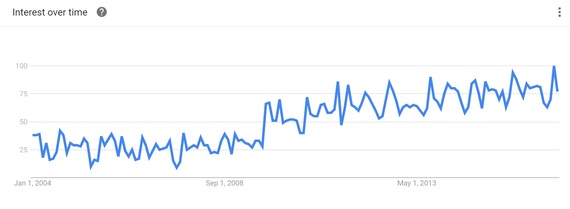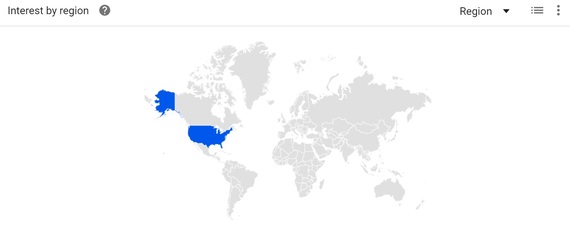
Whether someone has been raised from childhood with certain dogmatic ideologies instilled in them, or have inversely been brought up without any particular worldview being emphasized, failing to educate children, adolescents, and adults of all ages to think critically can lead many among us to hold opinions that are simply at odds with facts.
As I have written in a previous post highlighting the need to teach philosophy and history of science in our schools, deficits in critical and skeptical thinking skills can lead large segments of the population to hold views contrary to reality: safety of vaccines, humans' role in climate change, and biological evolution, among others. To be sure, those of who understand the value of critical thinking do not all necessarily hold views that are 100% in alignment with the facts 100% of the time; holding fallacious views from time to time comes with human fallibility. The difference is that those individuals who can think critically are probably more likely to actively seek out any errors in their thinking, and--furthermore--may be more willing to accept evidence that is contrary to their previously held beliefs and change their opinion.
While well-honed critical thinking skills are not something that can be acquired overnight, one thing that may aid in breaking the cycle of accepting claims without evidence is the willingness to ask the right questions.
A Google Trends analysis of the search term 'Is Science Real' reveals that the frequency of that search term has been increasing steadily but noticeably since 2004.
To be clear, this trend in Google search frequencies could mean any number of things, not all of them good. For example, perhaps this trend indicates that people are gradually becoming less trusting of science, and are genuinely questioning whether or not the scientific method and the findings of science should be accepted as true. Perhaps this trend indicates that the validity of a scientific consensus used to be essentially a forgone conclusion (rightly so), whereas it is now increasingly in question among those who fail to distinguish empirical evidence from unsubstantiated claims). The possibility that such searches may lead some users to completely unreliable sources of information on science also exists.
Nonetheless, this trend may also be indicative of peoples' desire to understand why science is our best method for understanding the truths of our universe. Perhaps it is indicative of a shift from 'taking one's word for it' to actually having the facts to back it [an opinion or view] up. In other words, perhaps people can't help but notice that science actually works (smallpox has actually been eradicated, physics actually put men on the moon, and having a conversation with someone on the other side of the world using a device smaller than a wallet is something you can actually do now), but want to know why it works, especially if similarly-employed logic and thinking (even if not pertaining to physical phenomena) can help sift out the truth from the malarkey.
An actual detailed analysis of this Google search trend would be needed to tease out its true underlying causes. And yes, maybe it will turn out that this trend is indicative of a step backward in science literacy and not a step forward. But a population with widespread and well-developed critical thinking skills will not be a realization unless people are willing to first ask the questions needed to gain a fuller understanding of what is supported by evidence and what is not. Hopefully this trend is reason to be optimistic.


